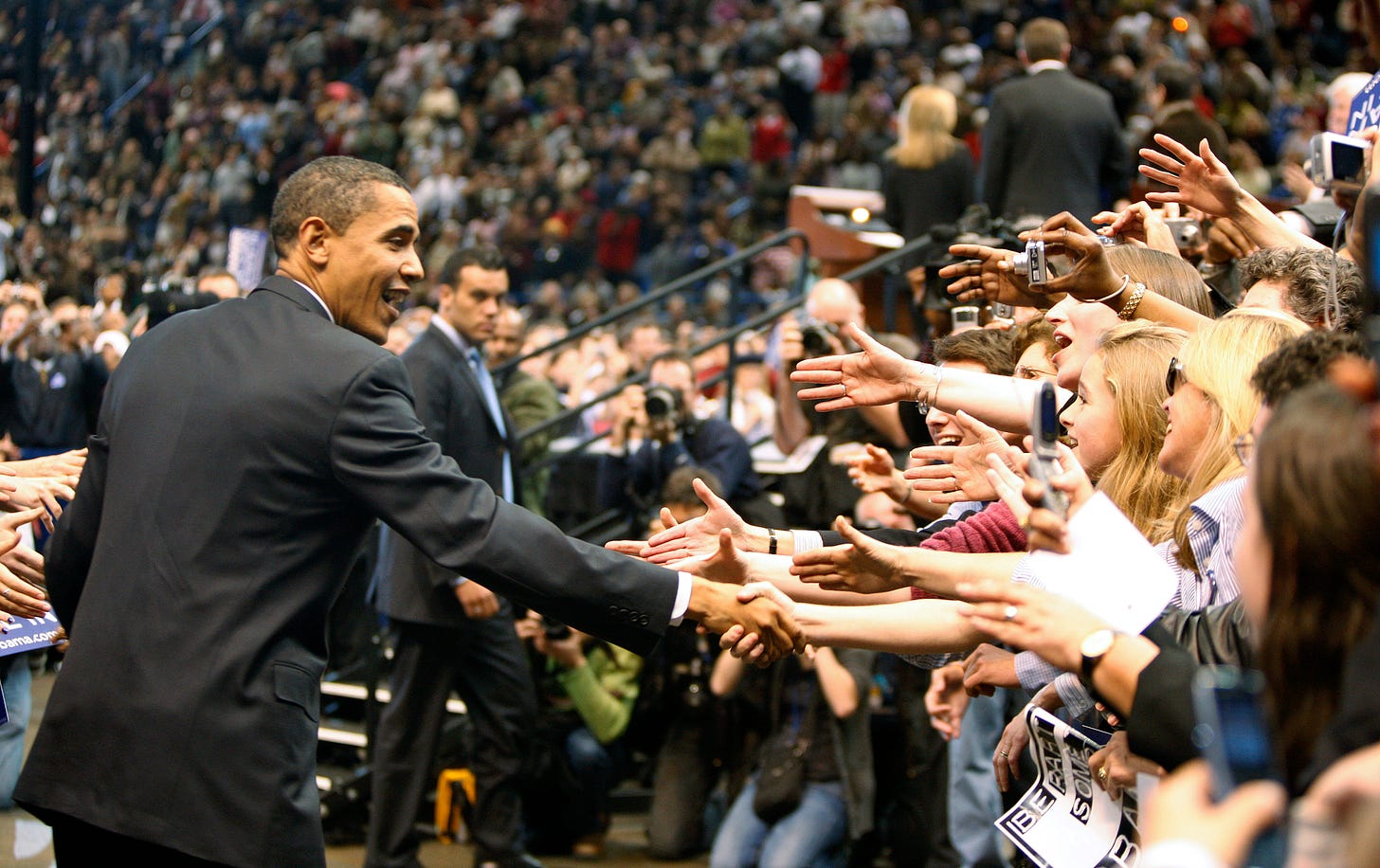Are Millennials Becoming More Conservative?
The oldest millennials are now 41. Are they voting like it?
Since the millennial generation first started casting ballots in the early 2000s, Democratic presidential candidates have never lost the youth vote. (Fun fact: the largest age gap in presidential voting over the last 50 years was in the 2008 election, the first year when all voters under 30 were part of the millennial generation.) Millennials were also …
Keep reading with a 7-day free trial
Subscribe to American Storylines to keep reading this post and get 7 days of free access to the full post archives.




